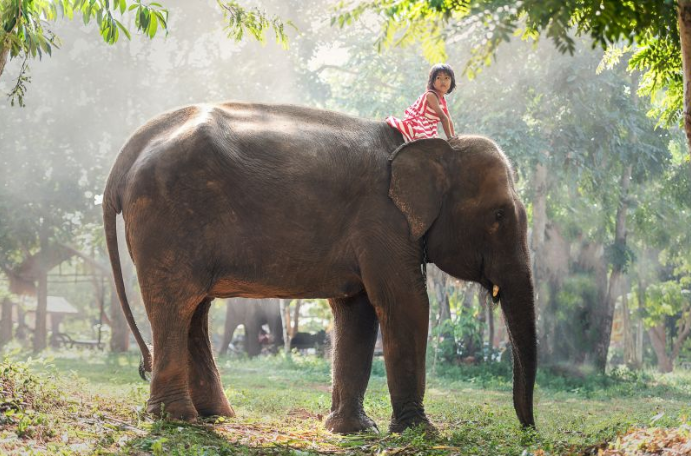Today, I saw a gut-wrenching photograph by Joe O’Donnell. A ten-year-old Japanese boy stood alone queueing at a Nagasaki crematorium; his dead brother strapped to his back. His face was expressionless. His baby brother, a casualty of the atomic bomb in 1945. The only sign of emotion? He bit his lower lip so hard it bled as his brother was consumed by fire.
Duty. Responsibility. Grit. He had already mastered these lessons.
Children are born with a full range of emotions. But who teaches us to navigate them?
My paternal lineage is all stiff upper lip. My maternal heritage? No different. The literal translation of wife means she who bites her tongue. Hot emotions were dangerous.
Many religious traditions reinforce this — avoid, suppress, deny. Some emotions, like anger and hatred, are deemed the most perilous of all.
In high school, I learned an unsettling nuance: indifference is worse. To hate someone is to acknowledge their existence. Indifference erases them entirely.
For years, I excelled at downplaying emotions. It made me successful. I didn’t overreact. I stayed logical and dependable. Others felt safe around me. It took much longer to accept that my even keel also kept me distant — from others and from myself.
Sometimes, it took days before I even recognised how I felt. I had trained myself so well to suppress emotions that I lost touch with what I truly wanted, deep down.
In my 40s I became inexplicably unhappy.
Hollowness. Loneliness.
That word stung. It felt shameful. How could I admit to loneliness when surrounded by people who loved me?
Meanwhile, popular culture shouted: Express yourself! Let it all out!
Initially, I envied those who could. But emotional messiness? That wasn’t me. I saw how unfiltered outbursts stung and burned others. What looked like catharsis was short-lived. Sloppy expressions of raw emotion didn’t bring relief but fuelled more emotion and grievance.
Over time, I came to see emotions differently—not as forces to suppress or unleash but as evolutionary tools. (Don’t mess with biology; it’s complex and eventually wins.)
Emotions are so powerful that I now think of the conscious mind as a child riding an elephant: emotions are the elephant.
And what happens when the elephant runs wild in the grip of uncertainty or during a high-stakes negotiation? Misunderstands. Misjudgement. Mistakes.
At the start of the pandemic, I sensed my clients would be faced with a plethora of strong emotions without the schooling in how to navigate them. I kept a laminated vocab sheet of 100 feelings on my desk. It’s still useful in helping clients, and myself, distinguish feelings: furious vs. frustrated, worried vs. annoyed, alienated vs. lonely, angry vs. hungry
With time, I’ve learned to interrogate emotions: to question assumptions that distort perception, discern their message, and respond appropriately.
Emotions were never the problem; the lack of mastery was.
